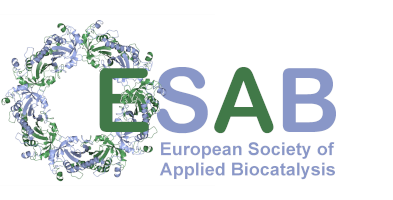Towards a circular plastics economy – biocatalytic degradation of PET materials by engineered cutinases
Abstract
Stefanie Fritzsche / Institute of Bioprocess Engineering, FAU Erlangen-Nürnberg, Erlangen, Germany
Kathrin Castiglione / Institute of Bioprocess Engineering, FAU Erlangen-Nürnberg, Erlangen, Germany
Topic: Bioeconomy
Due to its favorable properties, polyethylene terephthalate(PET) is one of the most used plastics in daily life. To reduce environmental pollution and depletion of resources, full recycling of plastics into the monomers is required. Biotechnology offers a solution by enzymatic recycling of PET. However, using PET as substrate, one is dealing with a wide range of materials with varying properties. Therefore, mutants of a thermostabilized variant of the leaf branch compost cutinase were designed using a semi-rational protein engineering approach to test their behavior towards materials with diverging properties. Post-consumer PET bottles and post-industrial PET fibres were used as substrates. 15 of 22 enzyme variants showed faster release of the product terephthalic acid and the quadruple mutant ICCGDAQI had 27% faster depolymerization of fibers than the reference enzyme. Thus, the behavior of PET degrading enzymes appears to be strongly influenced by different substrates and properties.
